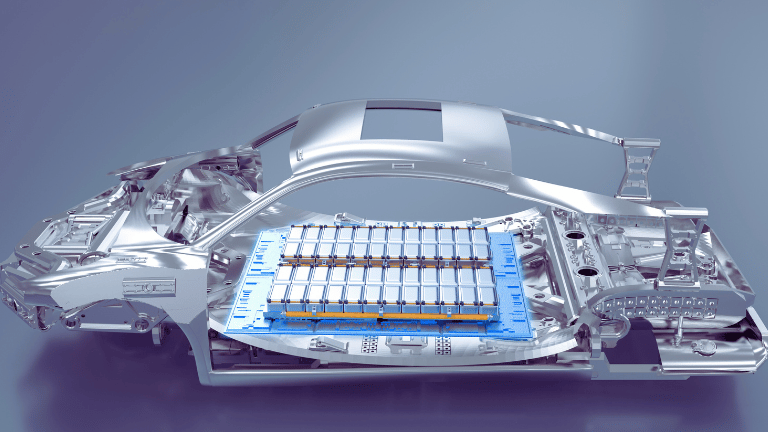Application
Learn how pressure sensors improve home automation by offering smarter security, efficient energy use, and health monitoring capabilities.


Exploring the Benefits of Pressure Sensing in Home Automation
The integration of pressure sensing technology into home automation systems is transforming how we interact with and manage our living spaces. Pressure sensors offer intelligent, responsive, and efficient solutions that enhance security, optimize energy use, and improve overall comfort. Let’s explore the key advantages of incorporating pressure sensing into modern homes.
Advantages of Pressure Sensing in Home Automation
1. Enhanced Security
- Intrusion Detection: Pressure sensors can monitor pressure changes on floors, windows, and doors to detect unauthorized entries.
- Alerts and Alarms: These sensors can trigger alarms or send notifications to homeowners, providing real-time security updates and peace of mind.
2. Energy Efficiency
- Smart Energy Use: Pressure sensors can detect occupancy in specific rooms, enabling automated control of lighting, heating, and cooling systems.
- Reduced Wastage: By ensuring energy is used only when necessary, pressure sensors contribute to lower energy bills and a smaller carbon footprint.
3. Convenience and Automation
- Automated Lighting: Pressure sensors can turn lights on or off based on room occupancy.
- Appliance Integration: They can activate appliances, such as starting a coffee machine when weight is detected on a pressure-sensitive mat.
- Smart Beds: Pressure sensors integrated into mattresses can adjust firmness based on the occupant’s weight and sleeping position, ensuring personalized comfort.
4. Health Monitoring
- Elderly and Disability Care: Pressure sensors can be embedded in furniture, beds, and flooring to monitor the well-being of individuals.
- Fall Detection: They can alert caregivers to unusual pressure patterns, such as those caused by falls or abnormal movements, enabling timely interventions.
5. Appliance Control
- Optimal Usage: Pressure sensors can detect when appliances, like washing machines or dishwashers, are fully loaded, ensuring they operate efficiently and only when needed.
6. Water Leak Detection
- Preventive Maintenance: Pressure sensors in water pipes can detect leaks or abnormal pressure drops, allowing homeowners to address issues before they cause significant damage.
- Water Conservation: By identifying leaks early, pressure sensors help conserve water and reduce utility costs.
Conclusion
The integration of pressure sensing technology into home automation systems represents a practical approach to enhancing security, comfort, and efficiency. From detecting intrusions to optimizing energy usage and improving health monitoring, pressure sensors make homes smarter and more responsive to the needs of their occupants. As this technology evolves, it will continue to play a vital role in shaping the future of intelligent living spaces.
Latest Insights
Collaboration Begins Here.



